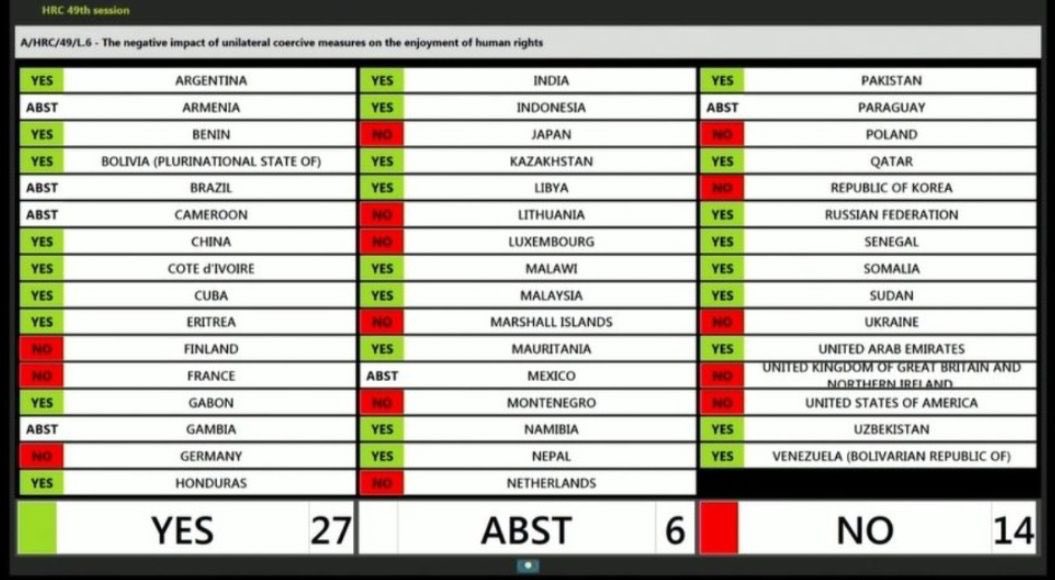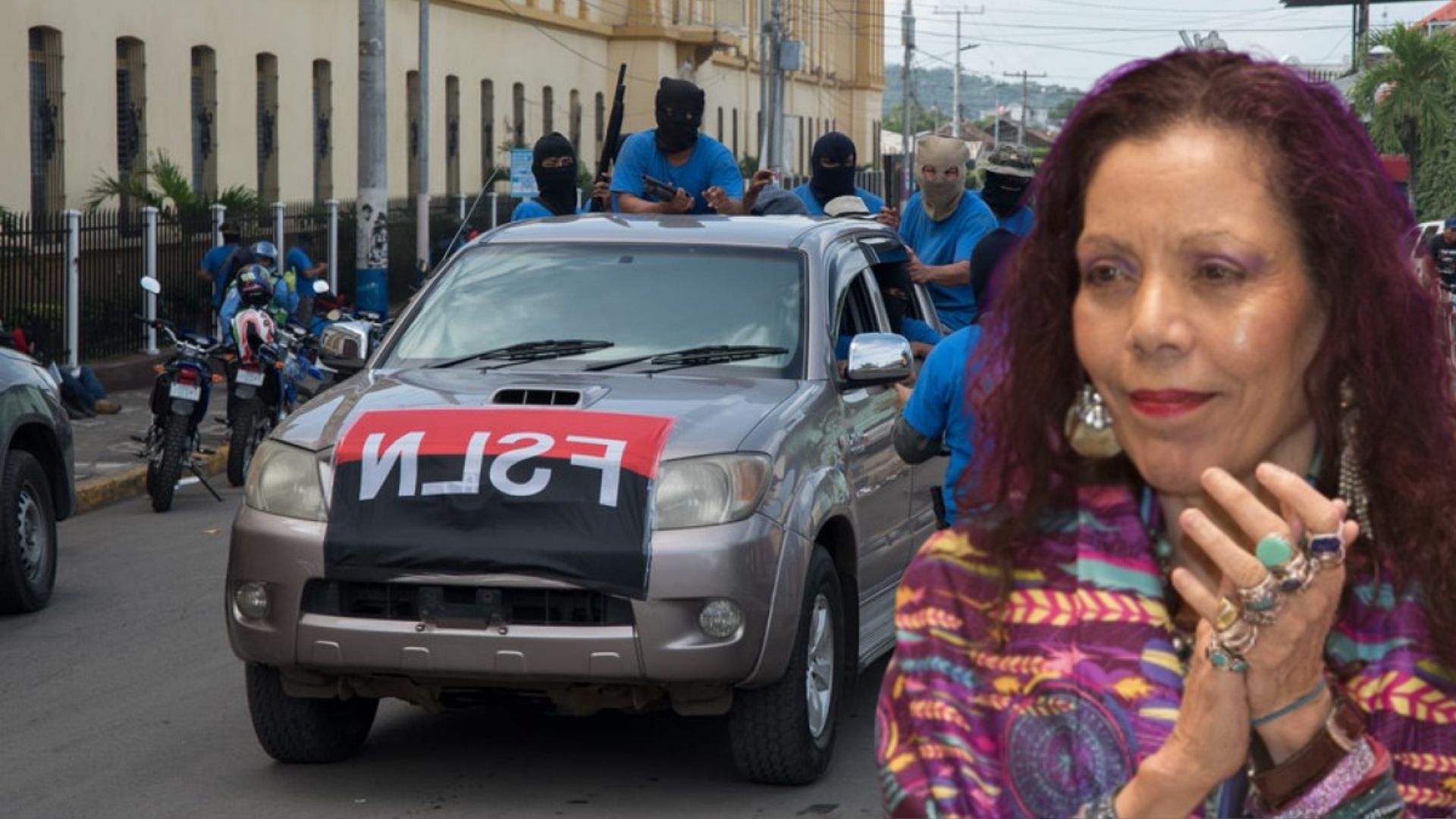Sri Lanka declared a state of emergency on Friday due to the violent protests that broke out in the country due to the worst economic crisis since independence.
The island country of 22 million people, located south of the Indian coast and which became independent in 1948, is facing severe shortages of essential goods and high inflation due to a lack of international currency and massive debt.
After a night of unrest in the capital, the country experienced new protests in several cities on Friday. The demonstrators call for the resignation of the president, Gotabaya Rajapaksa, and his family in power.
According to Rajapaksa, the state of emergency was declared to ensure “the protection of public order and the maintenance of essential supplies and services for the life of the community.”
Early Friday morning, hundreds of people marched to the presidential house in the capital to ask for the president’s resignation. Along the way, they burned two military buses and a police van and were dispersed by security forces.
According to official sources, Rajapaksa was not at home during the disturbances.
At least 53 demonstrators were detained during the protests and one person was seriously injured, according to police.
According to local media, five press photographers were also detained and tortured at a local police station, a claim the government said it would investigate.
According to the president, the protesters want to create an “Arab Spring,” referring to the anti-government demonstrations that rocked Arab countries more than a decade ago in reaction to corruption and economic stagnation.
“Thursday night’s demonstration was carried out by extremist forces calling for an Arab first to create instability in our country,” Rajapaksa’s office said in a brief statement.
– Overwhelmed by debts –
In videos posted on social media, protesters called on the president and his family to step down from power. In government, three of Rajapaksa’s brothers hold the posts of Prime Minister and the portfolios of Finance and Agriculture, while a nephew is in charge of the Ministry of Sports.
Many economists attribute the current crisis in Sri Lanka, aggravated by the covid-19 pandemic, which has sunk tourism and remittances from abroad, to government mismanagement and excessive indebtedness.
Colombo imposed an import ban in March 2020 to save the foreign currency needed to pay its $51 billion foreign debt.
But this has led to shortages of many essential goods, including fuel, prompting the state power distributor to impose 13-hour-a-day power cuts from Thursday.
The latest official figures published this Friday show that inflation in Colombo reached 18.7% in March, the sixth consecutive monthly record. Food prices registered an increase of 30.1%.
Diesel could not be found at gas stations on the island on Thursday, according to authorities and the media.
And many public hospitals stopped performing surgeries due to a lack of essential medicines.
The government declared that it was seeking financing from the International Monetary Fund, while at the same time asking for additional loans from India and China.



